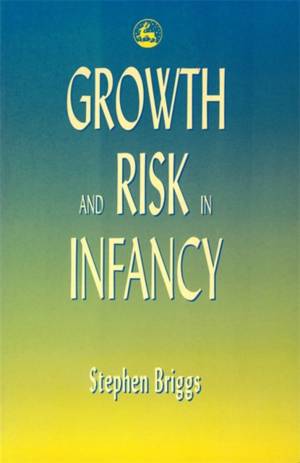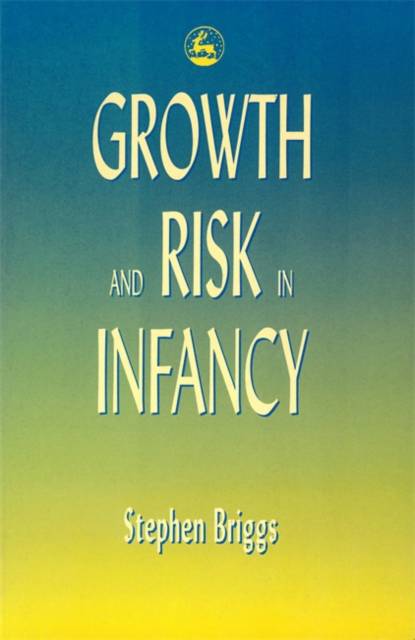
- Retrait gratuit dans votre magasin Club
- 7.000.000 titres dans notre catalogue
- Payer en toute sécurité
- Toujours un magasin près de chez vous
- Retrait gratuit dans votre magasin Club
- 7.000.0000 titres dans notre catalogue
- Payer en toute sécurité
- Toujours un magasin près de chez vous
Description
This book is based on detailed weekly observations of infants in their home environment from shortly after birth until two years. Each infant's interactions, relationships, physical, emotional and cognitive development are systematically studied. The focus of the study is on vulnerable infants, and problems in their development encountered in the course of observations are carefully assessed in terms of risk and resilience. The aims of the book are to explore, first, how far these observations can contribute to the development of a new methodology for studying infancy; second, how this approach leads to the emergence of new theoretical concepts and, third, how this study can influence professionals in the field.
The book demonstrates that these observations can combine theoretical perspectives from psychoanalysis and child development psychology and can extend both kinds of theory. Comparisons between the infants leads to the development of a theoretical model, and this is demonstrated throughout the five case studies. The findings from the study concentrate on continuity and change in infant development and how the model facilitated conceptualisations and comparisons of infant development. The book ends with considered conclusions about risk in infancy and the scope for further research. The book will be essential for all engaged in the study of infancy, and for professionals working with infants, young children and their families.Spécifications
Parties prenantes
- Auteur(s) :
- Editeur:
Contenu
- Nombre de pages :
- 304
- Langue:
- Anglais
Caractéristiques
- EAN:
- 9781853023989
- Date de parution :
- 01-02-97
- Format:
- Livre broché
- Format numérique:
- Trade paperback (VS)
- Dimensions :
- 156 mm x 234 mm
- Poids :
- 426 g

Les avis
Nous publions uniquement les avis qui respectent les conditions requises. Consultez nos conditions pour les avis.






